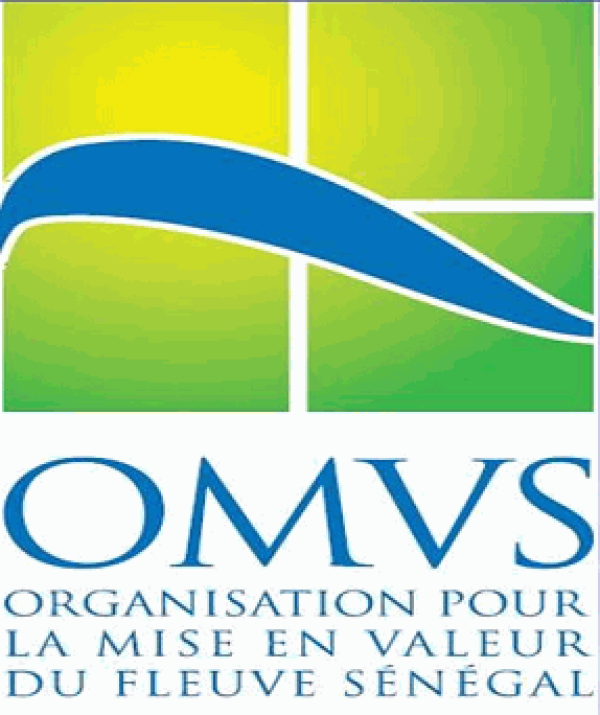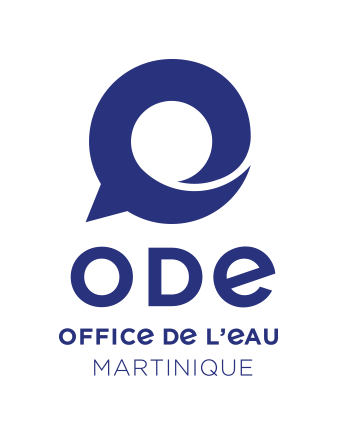
OMVS, Equity and Efficiency for a model of transboundary river governance
- OMVS, Organisation de Mise en Valeur du Fleuve Sénégal, an intergovernmental development organisation created on 11 March 1972 in Nouakchott by Mali, Mauritania and Senegal, with a view to cooperatively managing the Senegal River, which is 1,790 km long and has a catchment area of 289,000 km2. Guinea joined the OMVS in 2006.
- 3,300 billion FCFA, equivalent to 5 billion euros, is the approximate current value[1] of the investment and operating costs of the OMVS's joint structures.
- 8 Dams, including 7 hydroelectric, is the number of common works, in progress and under study, which are common and indivisible property, of the 4 OMVS States.
- Distribution key, it is the distribution key of the financing of each work between the States, elaborated and built on principles of equity and efficiency.
The 4 States bordering the Senegal River have made the audacious choice to consider this watercourse as a public common good, and, consequently, to share equitably and efficiently the costs of its maintenance and exploitation, rather than fighting over property rights to the resource.
For three years now, Ireedd, which specialises in economic cost sharing mechanisms and financing of public infrastructures, with its partner CACG, which specialises in the management of hydraulic works, have been working with OMVS to develop a new model for sharing the costs of each infrastructure. This new model, based on cooperative game theory[2], will provide the States with a financing distribution key for each common structure. This key, based on the principles of equity and efficiency, is intended to distribute the financing of joint investments between the States. The benefits for each state are then assessed in terms of the difference between a non-cooperative strategy and a cooperative strategy.
At a time when there is more talk of a water war, the OMVS could be set as an example to follow!
https://lnkd.in/gQ49zq4p.
#research #economy #water
[1] Estimated value in the year 2000.
[2] Game theory, rewarded by the Royal Swedish Academy of Sciences by awarding the 2005 Nobel Prize in Economics to the two authors Robert Aumann and Thomas Schelling, aims to analyse the strategic and interactive decisions of economic agents.
The mechanisms of cost sharing and/or benefit sharing are part of this theoretical literature in economics. This field of research includes cooperative and non-cooperative games, each of which refers to a particular form of conflictual or cooperative situation in which economic agents find themselves.
Cost allocation
Game theory
The objective of this study is to provide OMVS with a new model for sharing costs and expenses in order to arrive at a consensual distribution key:
• Identification of the social and environmental impacts of the works and economic evaluation of these impacts
• Development of the model by use: agricultural, energy production, inland navigation, municipal and industrial uses
• Collection of data to feed the model
• Training of OMVS experts in the use of the model

- Martinique

- Haïti



